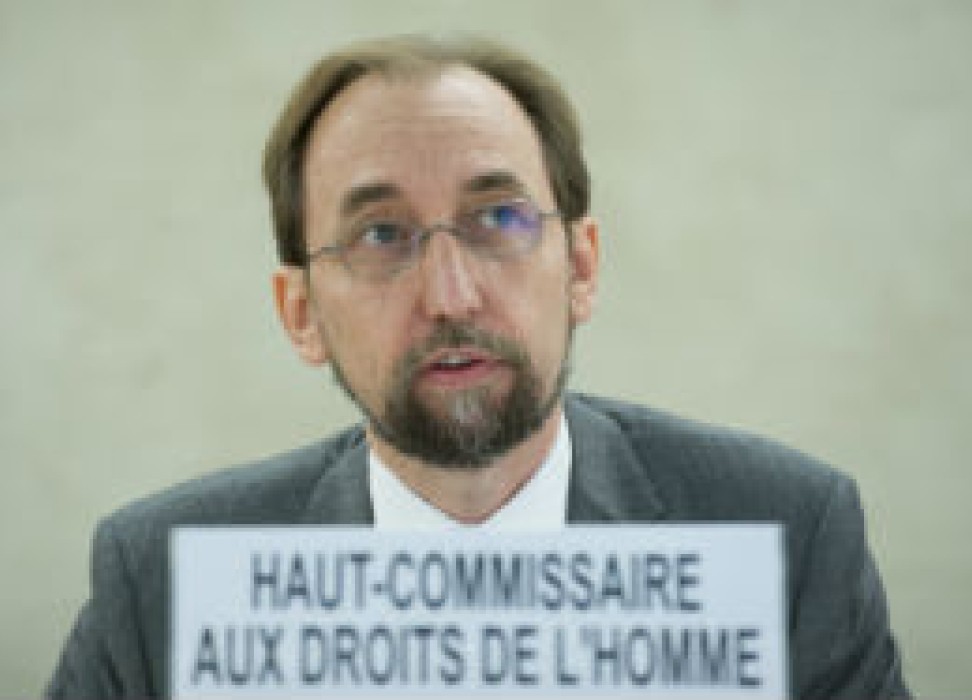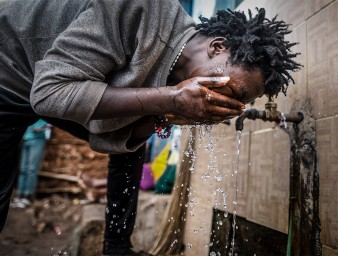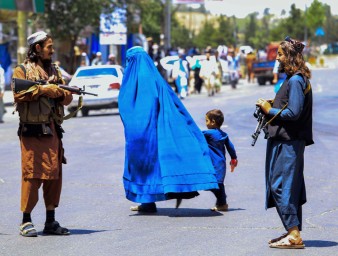Criticism is no threat to sovereignty
14 September 2015

UN High Commissioner for Human Rights Zeid Ra’ad Al Hussein began with an image that has been seared in the minds of millions, galvanising the collective consciousness of nations and individuals.
“Shamed and disgraced, the world wept,” he said, before the body of 3-year-old Syrian boy Aylan Al Kurdi, whose drowned body, washed up on the Turkish shore, should force nations to confront the frustrations and difficulties of human rights work at a time of ever escalating misery.
“I, together with many of my colleagues at the office, feel exhausted and angry,” Zeid said. “Exhausted, because the system is barely able to cope, given the resources available to it, while human misery accelerates. . .And angry, because it seems that little that we say will change this. Unless we change dramatically in how we think and behave as international actors. . .The human rights community will be inconsequential in the face of such mounting violations.”
Zeid made his statement at the 30th session of the Human Rights Council in Geneva. At each three-week meeting of the Council, numerous human rights issues and reports are debated. Measures taken may include requests for Commissions of Inquiry, other specific reports, resolutions, and the nomination of Special Rapporteurs and Independent Experts.
Zeid also highlighted the growing number of countries that he said are taking “extremely serious steps to restrict or persecute the voices of civil society.” He told the assembled diplomats, “I am devastated to have to report that there are now too many countries on that list for me to name them here today. This is a grim indictment of our record in protecting that foundation of good governance, the State’s service to its people; and it bodes ill for the future of your societies.”
Zeid reminded Member States that criticism and scrutiny are a necessary part of international human rights process. Advocacy by the Office and activism by human rights defenders on the ground help a country, not hinder it. Critique of flaws in a system should not lead to withdrawal of financial contributions to the Office, or reprisals against activists, he said. A healthy government should respect, not fear, its people.
“We need your support to assist your countries, as well as others,” he said. “Sovereignty cannot be damaged by carefully evaluated commentary. The search for truth can do many things, but it does not weaken, violate or assault. Upholding human rights is intrinsic to the obligations of sovereignty. . . The voice of human rights is raised in support of your governance – to assist in building societies that are resilient, peaceful and prosperous.”
14 September 2015



